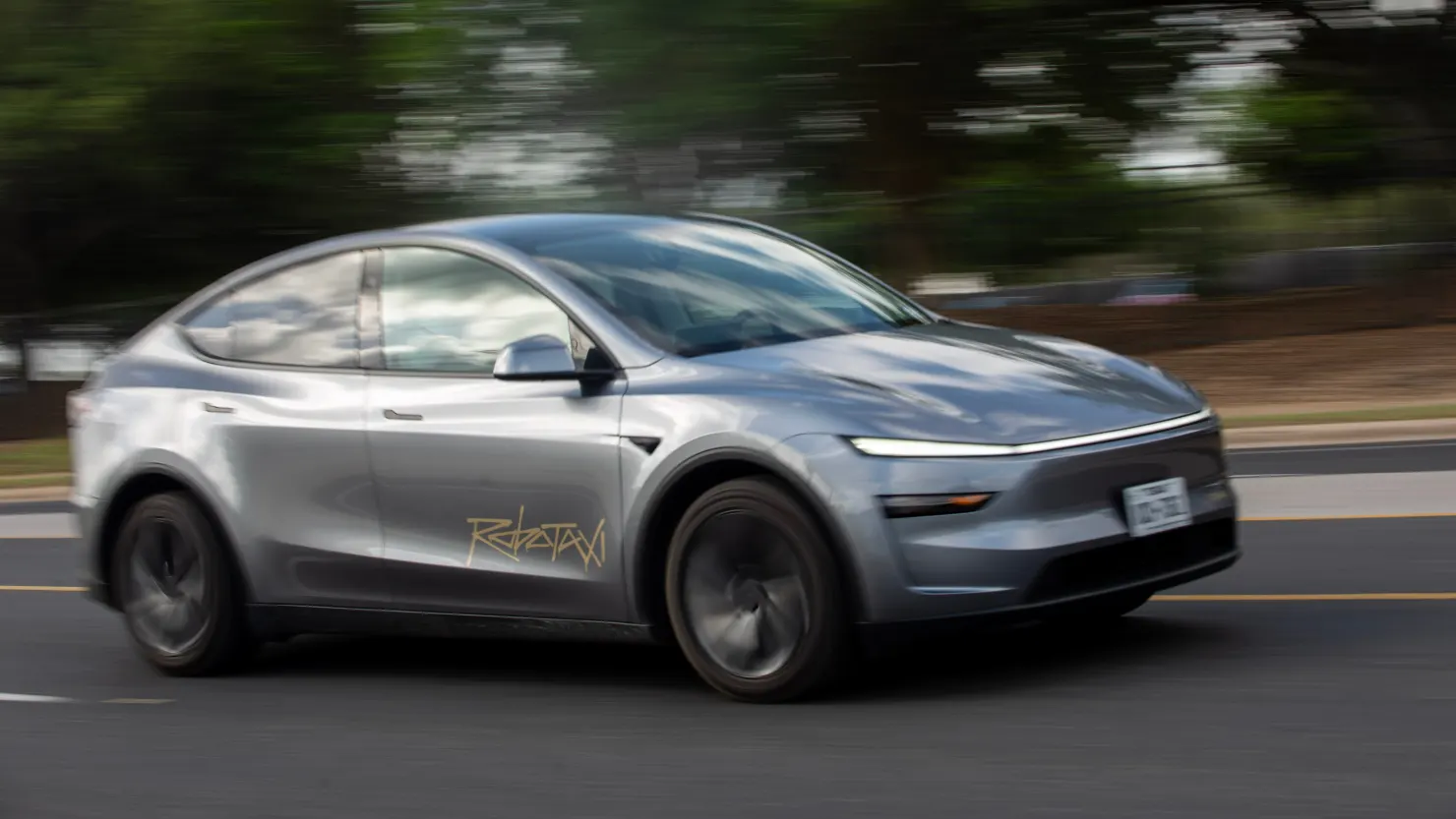Tesla’s ambitions to expand its robotaxi service into the San Francisco Bay Area are running into roadblocks from California state regulators. While CEO Elon Musk recently hinted at a broader rollout, California officials have clarified that Tesla lacks authorization to operate autonomous vehicles for public passenger service—whether paid or unpaid—on state roads.
The California Public Utilities Commission stated that Tesla may not test or carry passengers in autonomous vehicles, with or without a driver, under current regulations. The company’s existing permit only allows for the operation of a chartered car service with human drivers, similar to traditional limousine services. Tesla recently notified the commission of its plans to extend services to include friends and family of employees and select public users, but only with vehicles that are not autonomous.
Tesla has held a drivered testing permit from the California DMV since 2014, allowing for the use of autonomous vehicles with safety drivers, who must be employees or approved contractors. However, the permit does not allow Tesla to charge for rides or operate without human oversight.
In Austin, Tesla is testing a limited robotaxi program using its Model Y vehicles equipped with the latest driver-assistance technology. These vehicles operate under strict conditions—daylight, dry weather, and roads with speed limits of 40 mph or less. Each vehicle is monitored remotely and includes a human safety supervisor in the passenger seat. Participation in the program is restricted to users enrolled in Tesla’s early access initiative.
Despite reports that Tesla intends to bring this model to California imminently, state officials said the company has not submitted necessary applications for autonomous passenger services. The California DMV is also currently pursuing legal action against Tesla, accusing the company of misleading consumers regarding its Autopilot and Full Self-Driving systems. The DMV argues that Tesla has exaggerated the capabilities of these systems in marketing, despite stating in user manuals that driver supervision is always required.
Local officials in the Bay Area expressed frustration over Tesla’s lack of communication about the planned rollout. Supervisors from Marin County voiced concerns about transparency and community preparedness, noting they had received no formal notice.
Meanwhile, Alphabet’s Waymo remains the industry leader, having obtained full permits to operate a commercial robotaxi service in California. Waymo continues to expand its driverless ride-hailing program, backed by the proper regulatory approvals.
READ MORE:
